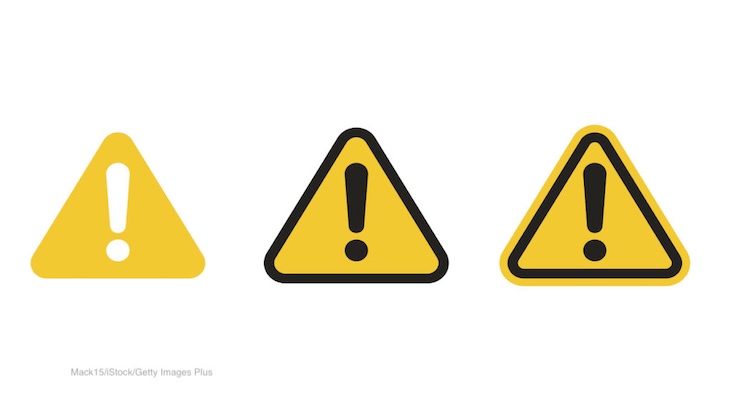The FDA says consumers should not eat certain shellfish harvested from Oregon and Washington waters because they may be contaminated with paralytic shellfish poison (PSP). Restaurants and retailers should not sell these products.

Retailers and restaurants in Arizona, California, Colorado, Hawaii, Nevada, New York, Oregon, and Washington may have purchased oysters and bay clams from growing areas in Netarts Bay and Tillamook bay, Oregon harvested on or after May 28, 2024. All shellfish from growing areas in Willapa Bay, Washington Stony Point, harvested between May 26, 2024 and May 30, 2024;5/26/24; from Bay Center, harvested between May 29, 2024 and May 30, 2024; and Bruceport, harvested between May 29, 2024 and May 30, 2024 are included.
Consumers in Arizona, California, Colorado, Hawaii, Nevada, New York, Oregon, and Washington may have recently purchased bay clams and oysters from growing areas in Netarts Bay and Tillamook Bay in Oregon harvested on or after May 28, 2024. All shellfish species from growing areas in Willapa Bay, Washington; from Stony Point harvested between May 26, 2024 and May 30, 2024; from Bay Center, harvested between May 26, 2024 and May 30, 2024; and from Bruceport, harvested between May 29, 2024 and May 30, 2024 are included.
Mollusks can be contaminated with natural toxins in the water and can cause illness. Most of these toxins are produced by phytoplankton, which are naturally occurring marine algae. The toxins accumulate in the flesh of the shellfish as they eat. Contamination usually occurs after blooms of toxic algal species, but contamination is possible even when algal concentrations are low.
The presence of toxins will not change the look, smell, taste, aroma, or texture of these shellfish. The toxins cannot be destroyed by cooking or freezing.
Symptoms of PSP usually begin quickly, within 30 minutes of eating the contaminated seafood. Symptoms range from tingling of the lips, mouth, and tongue to respiratory paralysis. Patients can suffer from numbness of arms and legs, “pins and needles” sensation, weakness, loss of muscle coordination, a floating feeling, nausea, shortness of breath, dizziness, vomiting, and headache. For patients who survive for 24 hours, the prognosis is considered good.
The FDA is waiting for more information on the distribution of the shellfish and will update safety alerts as needed.
If you purchased any of these shellfish, do not eat them. You can throw them away, or take them back to the store where you bought them for a full refund.




